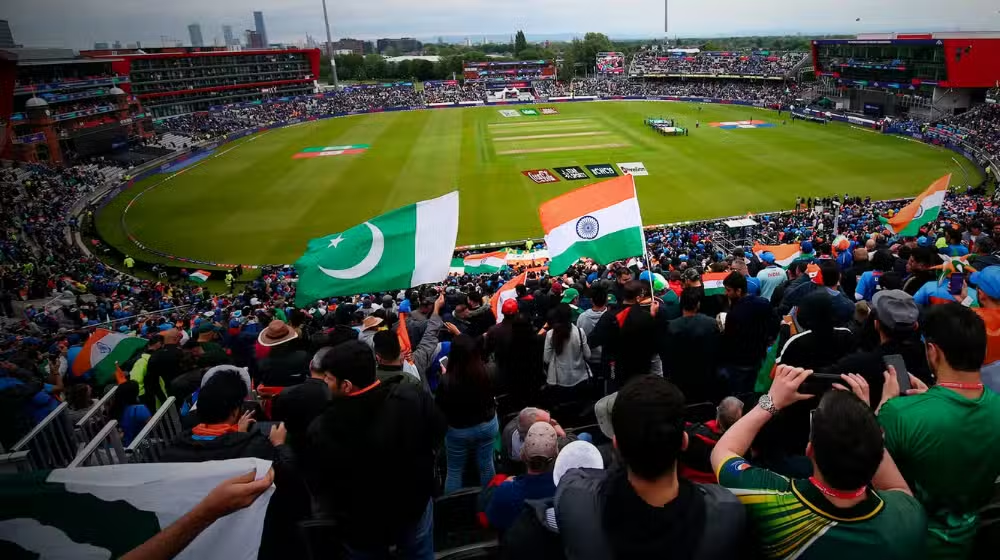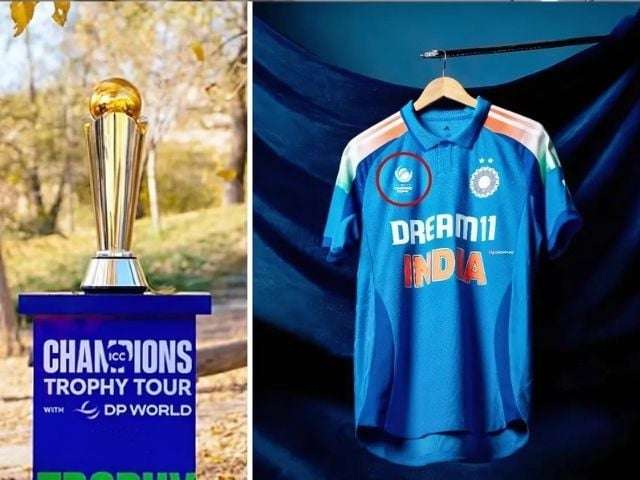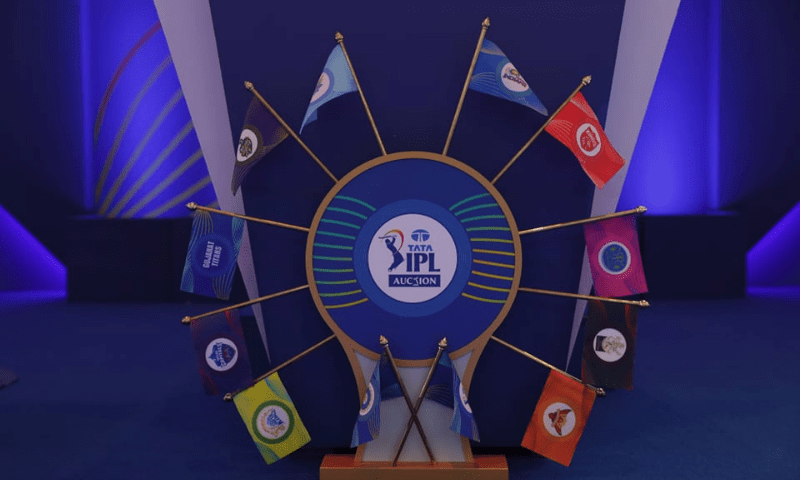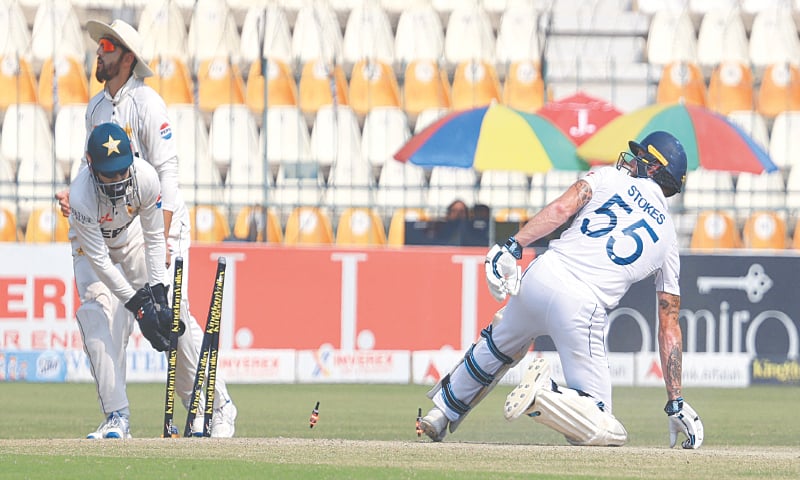Introduction
The tension between Pakistan and India in international cricket continues to make headlines, particularly surrounding the upcoming ICC Champions Trophy in 2025. The Pakistan Cricket Board (PCB) has formally demanded a written explanation from the International Cricket Council (ICC) regarding India’s refusal to tour Pakistan for the much-anticipated tournament. This development has added fuel to the ongoing debate surrounding the hybrid model proposal, and the PCB has made it clear that it will not accept any changes to the original schedule, insisting that the entire event should take place within Pakistan’s borders.
In this article, we will dive deep into the details of the issue, exploring the background of the dispute, the PCB’s stance on the tournament’s venue, and the larger implications for international cricket.
Background of the Issue
India’s Longstanding Refusal to Tour Pakistan
The tensions between Pakistan and India have long extended beyond the cricket field, and this latest controversy is just another chapter in their complex relationship. India has not toured Pakistan in over two decades, primarily due to political and security concerns. Despite this, Pakistan has regularly traveled to India, with the most recent example being the 2023 ICC Men’s Cricket World Cup, where Pakistan played its matches in India.
India’s decision to pull out of the 2025 Champions Trophy has raised significant questions about the fairness and future of the tournament, given that it was initially scheduled to be hosted by Pakistan. The BCCI (Board of Control for Cricket in India) informed the PCB of their decision, citing a refusal by the Indian government to allow the national team to travel to Pakistan for the event.
PCB’s Reaction and Stance on Hybrid Model
PCB Demands an Official Explanation from ICC
In response to India’s refusal, the PCB has formally approached the ICC, demanding a written explanation as to why India is not willing to participate in the tournament hosted in Pakistan. The PCB has made it clear that it does not accept the proposed hybrid model, which suggests that India’s matches be played at a neutral venue, likely in Dubai, while the rest of the tournament would be held in Pakistan.
The PCB’s refusal to accept the hybrid model stems from their belief that the tournament should be played entirely in Pakistan as initially planned. According to the original schedule, the Champions Trophy was set to take place between February 19 and March 9, 2025, across three cities in Pakistan: Rawalpindi, Lahore, and Karachi. The PCB has firmly stated that they expect the tournament to proceed as per the initial agreement, without any modifications to the venue.
Rejection of the Hybrid Model
The proposed hybrid model has been a point of contention for the PCB. While the hybrid model is a compromise suggested to accommodate India’s refusal, it has been met with strong opposition from Pakistan. The PCB argues that such a proposal would undermine the integrity of the tournament and diminish its significance. The PCB’s leadership has emphasized that the tournament’s credibility hinges on it being held entirely within Pakistan, as initially scheduled.
Impact of India’s Refusal on the Tournament
Changing Dynamics of the Champions Trophy
India’s refusal to travel to Pakistan for the Champions Trophy 2025 has not only caused a stir within the cricketing community but also raised broader concerns about the future of multilateral cricket tournaments. The ICC’s decision to allow India’s matches to be played at a neutral venue is seen by many as a major shift in how international cricket events will be organized, particularly when political tensions between host countries are involved.
The impact of this decision extends beyond just the logistics of hosting the tournament. The clash between the PCB and BCCI also reflects the ongoing political tensions between India and Pakistan, with cricket serving as a proxy for these larger issues. The refusal by India to play in Pakistan further exacerbates the complex diplomatic relationship between the two nations.
The Hybrid Model: A Controversial Solution
What Is the Hybrid Model?
The hybrid model, proposed as a solution to India’s refusal to travel to Pakistan, is a compromise in which India’s matches would be played at a neutral venue, such as Dubai, while the remaining games of the Champions Trophy would proceed in Pakistan. The idea behind this proposal is to ensure that the tournament continues without the cancellation of India’s participation, which would significantly affect the event’s prestige and global viewership.
While the hybrid model is seen as a diplomatic solution to a difficult situation, the PCB has firmly rejected it. The PCB argues that allowing a hybrid model would set a dangerous precedent, where the host nation could be forced to make concessions based on political factors. The PCB’s leadership believes that the integrity of the tournament should be upheld, and that the entire event should be held in Pakistan, as initially planned.
The Role of the Pakistani Government
Government Involvement in the Issue
With the matter now in the hands of the PCB, the Pakistani government’s role has become increasingly crucial. The PCB has requested the government’s involvement in addressing the situation, particularly as the hybrid model proposal continues to generate tension. The government’s stance on the issue will be vital in determining whether Pakistan will accept the proposed model or continue to demand that the entire tournament take place within its borders.
This is not the first time political considerations have influenced the world of international cricket. The Pakistan-India cricketing relationship has always been entangled with broader geopolitical tensions, and this situation is no different. The outcome of this issue will likely set the tone for future cricket events involving both countries.
FAQs
1. Why is India refusing to tour Pakistan for the Champions Trophy 2025?
India’s refusal to tour Pakistan stems from security and political concerns. The Indian government has not allowed the national cricket team to travel to Pakistan, citing safety issues and the ongoing political tension between the two countries.
2. What is the hybrid model proposed for the 2025 Champions Trophy?
The hybrid model suggests that India’s matches be played at a neutral venue, such as Dubai, while the rest of the tournament will take place in Pakistan. This model is intended to accommodate India’s refusal to travel to Pakistan while allowing the tournament to continue.
3. Why is the PCB rejecting the hybrid model?
The PCB believes that the hybrid model undermines the integrity of the tournament. They insist that the Champions Trophy should be held entirely in Pakistan, as initially scheduled, to maintain the event’s credibility and prestige.
4. What is the role of the Pakistani government in this issue?
The Pakistani government’s involvement is crucial, as the PCB has requested their assistance in resolving the issue. The government’s stance will likely determine whether the hybrid model is accepted or if the PCB continues to demand that the entire tournament be held in Pakistan.
5. How will this issue affect future cricket tournaments?
This issue sets a significant precedent for future cricket tournaments, particularly those involving countries with tense political relationships. The outcome could influence how the ICC and other cricket boards handle similar situations in the future, especially when political factors come into play.
Conclusion
The dispute over the 2025 ICC Champions Trophy continues to unfold as the PCB demands an official written explanation from the ICC regarding India’s refusal to participate in the tournament in Pakistan. The proposed hybrid model has sparked strong opposition from the PCB, which insists that the tournament be held entirely within Pakistan’s borders. As the matter now rests with the Pakistani government, the future of the tournament and international cricket relations between the two countries remain uncertain.
With both the ICC and PCB standing firm in their positions, this issue is far from resolution. It highlights the broader challenges of organizing international events in a politically charged environment and underscores the importance of upholding the integrity of global sporting competitions.



